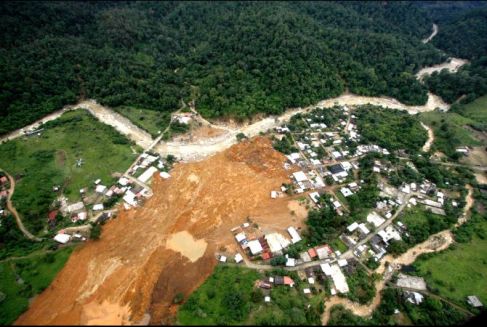
Photo Credit: Infobae
Este es un blog por Lowell George, quien está en su cuarto año en la escuela de Agricultura y Ciencias en Cornell, en la que estudia Recursos Naturales. Ella tiene una asignatura secundaria en español y pasó la primavera pasada estudiando en Sevilla, España.
Argentina tiene una de las tasas de homicidio más bajas de América Latina, pero en los últimos días se han linchado a más de diez personas en varias regiones. De acuerdo a algunos reportajes, las víctimas son ladrones y las personas responsables por los hechos son los vecinos de los mismos delincuentes. Estos linchamientos han llamado la atención del gobierno, sin embargo éstos no han abordado el tema de manera directa.

